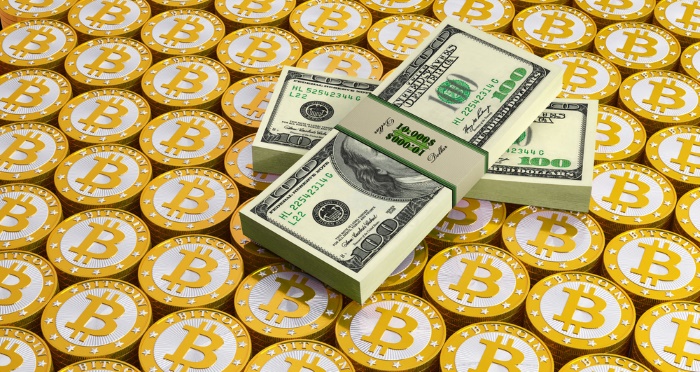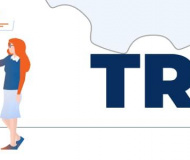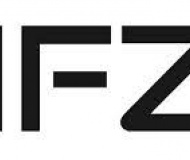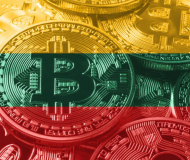Registration and maintenance of business related to bitcoin and other cryptocurrencies
News:
Date added: 15.12.2014What is Bitcoin and other cryptocurrencies for business?
Bitcoin and other cryptocurrencies are an electronic analogue of gold or oil. The rate of the cryptocurrency is inversely proportional to the volume of mining. The less amount of cryptocurrency it is possible to mine - the more expensive it costs. The more demand for it - the more expensive it is sold. Mining of cryptocurrency can be compared with the extraction of minerals, for example, gold, silver, oil.
A gold mine below ground has a limited supply or reserve of precious metal, which can not be increased - so mining of a certain cryptocurrency has its own limit known in advance.
Bitcoin - is it legal?
Contrary to popular opinion, bitcoin is absolutely legal and the question of its legalization can not be raised. The problem of prosecuting cryptocurrency by the relevant state bodies of most jurisdictions is that the cryptocurrencies are not controlled and, consequently, the business connected with them can not be controlled, because of that such a business can be used to cover fictitious and, possibly, illegal activities.
Croatia
One of the countries in which it is quite legal to pay and buy bitcoins is Croatia. This became known in mid-December last year. At that time a planned meeting was held, organized by the National Bank of Croatia. At this meeting it was decided to allow the open distribution of bitcoins.
USA
In December last year, the US Federal Reserve System admitted that it had no right to control virtual currencies, and they "may contain long-term benefits, especially if the innovation contributes to a faster, safer and more efficient payment system." Each US state has its own financial regulators and laws, and each one has different approach to Bitcoin. California and New York were particularly aggressive in their aspiration to promote Bitcoin.
Canada
The Canadian government, along with regulatory bodies, including the Central Bank and the Office for Supervision of Financial Institutions, announced that it will continue to monitor the developments associated with virtual currencies. In Canada, many businesses accept Bitcoin as a form of payment according to CoinMap (a website that tracks the use of Bitcoin around the world).
In Canada, there are four Bitcoin-ATMs that allow customers to exchange the cryptocurrency for Canadian dollars and vice versa. "Canada takes leading position in terms of Bitcoin in the technological space."
Germany
Since last year Germany considers Bitcoin as "private money". This pleased entrepreneurs and consumers, since for the first time the European country proposed any rules regarding Bitcoin for everyone. Germany announced Bitcoin as the "Settlement Unit" excluding Bitcoin from the amount of funds of enterprises subject to capital gains tax for the first year of operation. It is not yet clear how the sales tax will be charged. In the middle of last year, the first trading platform for Bitcoins in Europe began to cooperate directly with the bank, and was opened for regulation by the Financial Supervision Authority.
France
Bitcoin's exchange in France was the first formal process in the European financial system. Obviously, Bitcoin is regarded as a currency. The French government even allowed the exchange of Bitcoin to operate as a real bank. Bitcoin-Central, and its parent company, Paymium, will offer its customers a Bitcoin account within the framework of partnership with the French financial firm Aqoba. The account can be used to buy Bitcoin and, conversely, to exchange Bitcoins for the euro.
Norway
In Norway, Bitcoin is not considered as real money. Instead, the Norwegian government considers Bitcoin as assets burdened with a capital gains tax.
Sweden
Sweden is likely to reject Bitcoin as a legitimate currency. The most powerful Scandinavian economy plans to approve the cryptocurrency as an asset, imposing a capital tax on it.
Denmark
The Financial Supervision Authority of Denmark (FSA) issued an official statement regarding the use of virtual currency in the country. The statement states that virtual currency can not be subjected to the standard financial regulation of the state, because it is not provided for by the existing regulatory framework of Denmark. Government authorization is not necessary for entrepreneurs who want to run a Bitcoin business and conduct exchange transactions in the country .
Belgium
The Belgian Central Bank is still positive about Bitcoin. The National Bank of Belgium does not have any plans to regulate Bitcoin in the near future.
Israel
The tax authorities of Israel did not make any statements about Bitcoin. Nevertheless, the Association of Lawyers of Israel considers the virtual currency to be the appropriate form of payment for lawyers.
China
The state-owned Chinese bank banned financial institutions from conducting operations in bitcoin, explaining this by the frequent use of virtual currency for illegal transactions.
Nevertheless, the authorities of Beijing stated that people can freely trade in currency at their own peril and risk, this gave hope to those who provide services and sell goods abroad.
Japan
The Bank of Japan is very interested in Bitcoin and the concept of cryptocurrency, although it does not plan to take any action with Bitcoin in the near future. The digital coin is currently being studied by the Central Bank Institute for Monetary and Economic Research.
Australia
Although Australia has not formally recognized the legality of Bitcoin, the country agreed to its legitimate use by taking into account through taxation.
India
At the moment, the question of bitcoins is pending.
Thailand
In Thailand, bitcoin is recognized as an independent currency.
Registration and maintenance of the company engaged in business related to Bitcoin and other cryptocurrencies. Why You Need It?
By linking your business with Bitcoin, you will earn considerable money on this. Several thousands of experts and analysts have argued in the disputes about the pros and cons of Bitcoin. Nevertheless, in spite of everything, cryptocurrency is becoming more and more densely integrated into the lives of ordinary people as well as financial companies. There are the headlines in the world's media: "Bitcoin payment terminals is now in New York," "London Flight School accepts bitcoin", "Now you can pay breakfast in Glasgow by bitcoin", "PrivateFly charter flights booking service now accepts bitcoin" and so it is possible to enumerate to infinity.
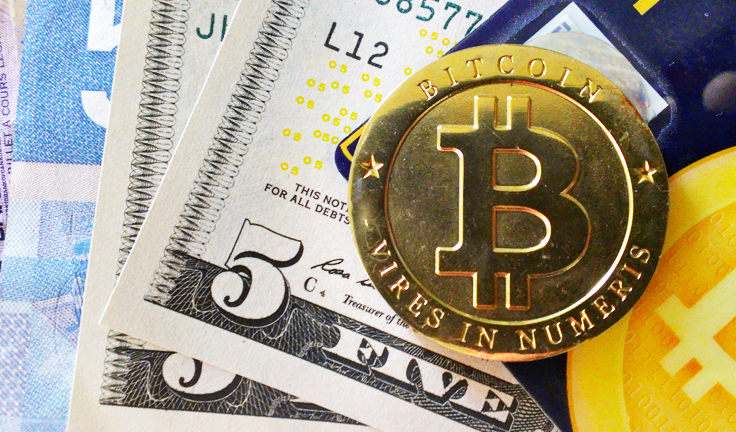
Why do you need to register a company for business related to Bitcoin?
The answer is obvious - the future is in cryptocurrencies and there are several reasons in favour:
- Bitcoin market, that is, the exchanges, the turnover of services and goods, the exchange between users, does not respond to changes in the world political situation, since it is not tied to the economy of any state.
- There is no single center in the Bitcoin system, through which one could influence the exchange rate by means of external pressure.
- The value of cryptocurrency is not tied to the analogous value, like gold.
- Bitcoin market provides transfers of unlimited sizes in a matter of minutes without any commissions, which makes it attractive for the average user.
It is known that the amount of Bitcoin is not infinite, but is 21 million. It will be logical to assume that with the growth in demand for the сryptocurrency, the rate against the euro, the dollar, the ruble and other currencies will correspondingly grow. And the growth of the rate means nothing but the possibility of earning money on this! It is not necessary to master all the intricacies of the exchange trade, but rather follow the principle "today buy cheap, after a year sell expensive", in order to assess all the delights of obtaining income through the Bitcoin trade.
How to register a company for a business related to Bitcoin?
We will register for you a company to conduct business in the field of cryptocurrencies for the shortest time. Buying a Bitcoin company for cheap is now easier than ever. Registering a Bitcoin Company is one of the simplest and cheapest ways to start a legitimate international business activity on the Internet.


